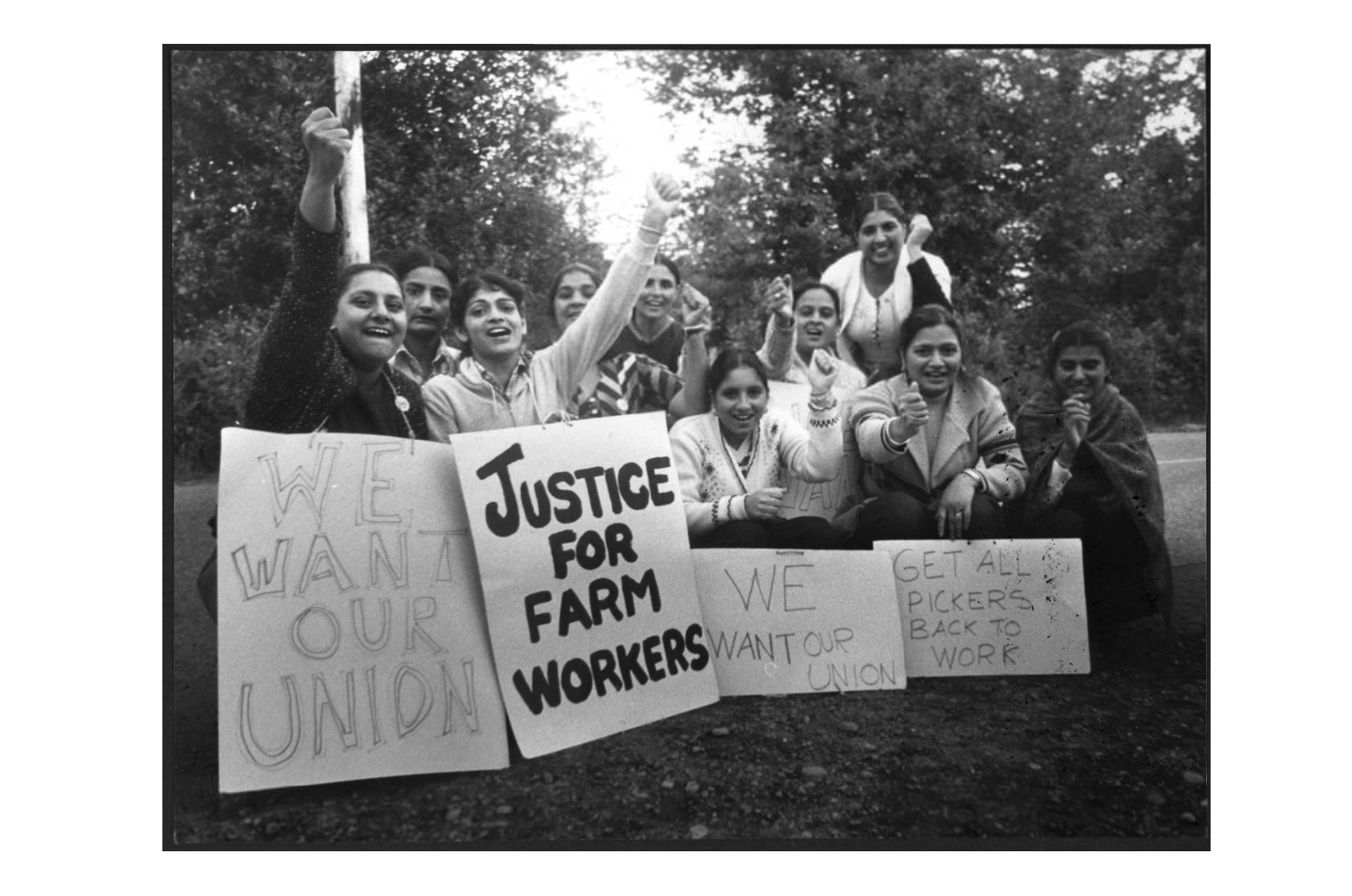This International Workers Day (May Day), the NFU calls for stronger protections for agricultural workers
This International Workers Day (May Day), the National Farmers Union (NFU) calls for stronger protections for agricultural workers. Advancing farm worker rights is an essential part of building Canadian food sovereignty amidst rising uncertainty in Canada-US trade relations and increasing severity of climate change impacts.
Any path to a sovereign, resilient, and just food system must include good agricultural jobs and strong worker protections for both resident and migrant farm workers, the latter of whom are especially vulnerable in the current food system. We are seeing this all too clearly with the deportations and extremely precarious status of so many migrant agricultural workers in the United States right now; and we should not forget that migrant workers in Canada also face high levels of precarity.
Farm workers have long been excluded from many basic employment standards, including a guaranteed minimum wage and rest periods in some provinces. Provincial governments, to varying extents, have excluded farm workers from full unionization rights. Migrant workers are further constrained through closed work permits and the denial of citizenship status.
In spite of this, agricultural workers across Canada have long mounted resistance to poor working conditions. Through individual action, collective action, and legislative pressure, farm workers throughout Canadian history have improved—at least temporarily—their immediate situation.
May Day has an ancient history as a celebration of spring and renewal. In 1886, it was workers who downed their tools at Chicago’s McCormick Reaper Works (a company whose machines ushered in a new era of industrial farming) that sparked global strikes for an 8-hour work day and that led to the institutionalization of May 1st (May Day) as International Workers Day.
Canadian farm workers have a long history of resisting poor work conditions and organizing for their rights. In 1924, British harvesters who were brought over to work in Canada’s fields organized a 300-mile march from Toronto to Ottawa to protest false promises of fair wages and treatment. In the 1930s, Eastern European beet and tobacco workers formed unions in their respective fields and took collective action for improved wages, often with the support of small and mid-scale farm operators. In 1960s British Columbia, the Canadian Farmworkers Union (CFU) formed to defend the interests of farm workers in the province, many of whom were recent Indian immigrants. The CFU provided essential services to its members and is credited with instigating key legislative changes in the province – like the extension of Workers’ Compensation Board protections.
Farm worker social movements have persisted in the twenty-first century. In 2006, several Canadian cities joined the “A Day Without Immigrants” May Day protests and economic boycotts to demand legal status for 11 million undocumented U.S. workers. In 2016, on the 50th anniversary of Canada’s Seasonal Agricultural Worker Program (SAWP), Justicia for Migrant Workers organized the Harvesting Freedom Caravan, a pilgrimage from Leamington Ontario to Ottawa to protest the conditions faced by migrant farm workers and demand status for all.
The ongoing struggle of farm workers only highlights the importance of continued resistance and solidarity among all who labour in agriculture.
The NFU calls for labour solutions that get to the root of the issues in our food system. Farmers need supportive policies that allow them to make a living and provide their employees with fair wages and working conditions. Migrant workers deserve open work permits and to be afforded the same rights as all Canadian citizens. Farm workers and farmers are the backbone of Canada’s food system, and as we envision food sovereignty and a resilient food system during a period of tariff threats, we must ensure this vision includes safe, valued work – and the extension of basic labour rights – for those growing the food we all eat.
Sources and Further Reading:
Allahdua, Gabriel, and Edward Dunsworth. Harvesting Freedom: The Life of a Migrant Worker in Canada. Toronto: Between the Lines, 2023.
Bada, Xóchitl. The fear of deportation hangs over unauthorized workers trying to fight exploitation, but all workers in the US have rights.
Binning, Sadhu. “The Canadian Farmworker’s Union: A Case Study in Social Movements.” MA thesis, Simon Fraser University, 1982.
Cherwinski, W.J.C. “A Miniature Coxey’s Army: The British Harvesters’ Toronto-to-Ottawa Trekof 1924.” Labour / Le Travail 32 (1993): 139–65.
Dunsworth, Edward. “Green Gold, Red Threats: Organization and Resistance in Depression-EraOntario Tobacco.” Labour / Le Travail 79 (2017): 105–42.
Gagnon, Marc-André. International Workers’ Day (May Day) in Canada.
Linebaugh, Peter. The Incomplete, True, Authentic and Wonderful History of May Day.
Malik, Anushay. Lives and Experiences of South Asian Migrant Agricultural Workers in British Columbia. NFUniversity.
O’brien, Rebecca Davis & Miriam Jordan. A Chill Sets In for Undocumented Workers, and Those Who Hire Them.
Thompson, John Herd and Allen Seager, “Workers, Growers and Monopolists: The ‘Labour Problem’ in the Alberta Beet Sugar Industry during the 1930s.” Labour / Le Travail 3 (1978): 153-174.
-30-
Featured Photo: Judy Cavanagh, Canadian Farmworkers Union Collection (May 29th, 1984, British Columbia)
